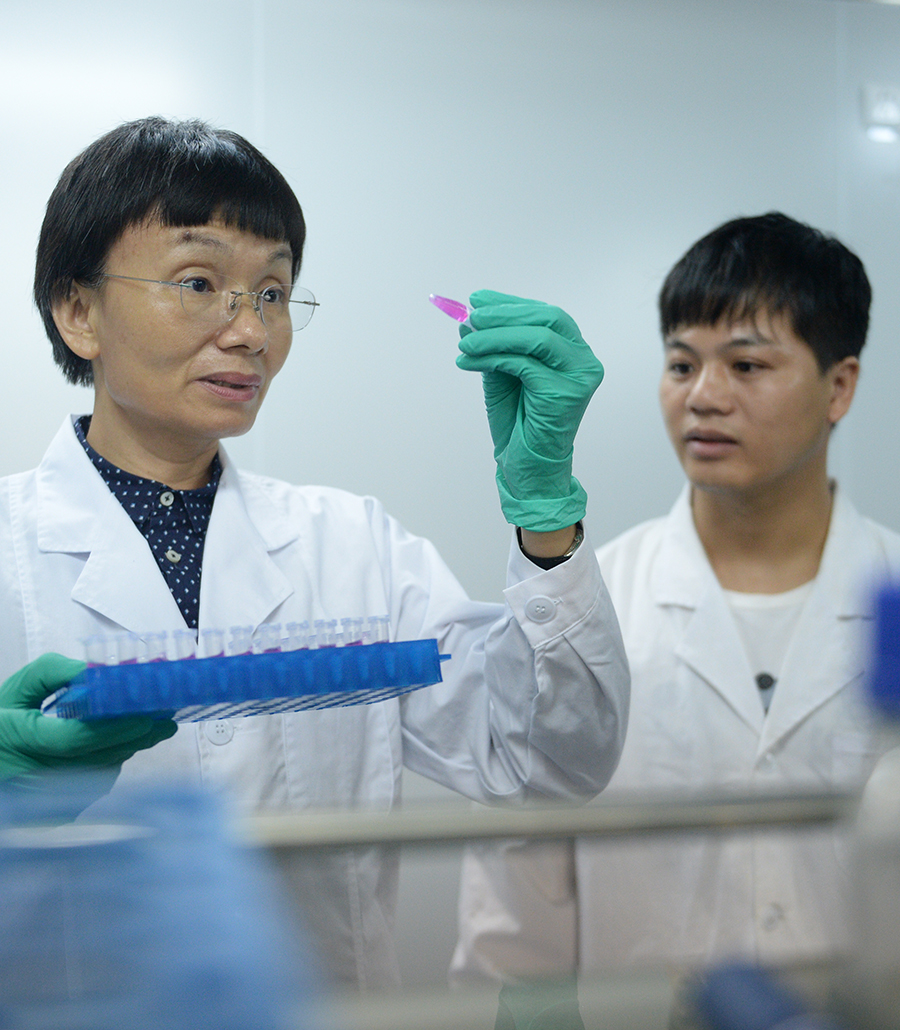Leading the fight
The women leaders of today are tenacious, effective, and diverse. They are mobilizing the global climate movement, pushing for social protections, leading corporations out of difficulty and dismantling systemic racial discrimination. They are also tackling the COVID-19 crisis well, with recent studies highlighting that many countries led by women have seen lower infection rates. Analysis has defined these leadership styles as frequently clear, decisive, and empathetic: more likely to prioritize collective over individual interest, collaboration over competition, coaching over commanding. Yet support for and confidence in women leaders remains unjustifiably low in many countries.
This is why standards such as the Women’s Empowerment Principles (WEPs), launched by UN Women and the UN Global Compact, are important: they provide a holistic and human rights-based framework that companies can use to support the empowerment of women in their workplaces, marketplaces and communities. It is also why UN Women calls on governments to promote and ensure the leadership of women and girls, including those who suffer multiple forms of discrimination, such as disabled, gay or trans women.

Scientist Chen Ruiai works with colleagues during the recovery period, contributing to the sustainable development of modern agricultural technology in China. Photo: The China Women's Association for Science and Technology